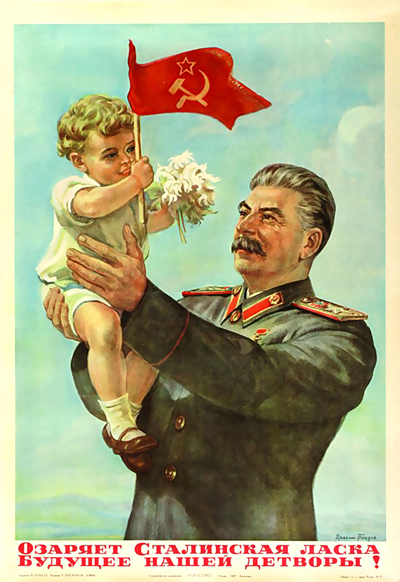I’m reading Marx’s Wage Labour and Capital and it is said in the chapter «By what is the price of a commodity determined?» this:
We have just seen how the fluctuation of supply and demand always bring the price of a commodity back to its cost of production. The actual price of a commodity, indeed, stands always above or below the cost of production; but the rise and fall reciprocally balance each other, so that, within a certain period of time, if the ebbs and flows of the industry are reckoned up together, the commodities will be exchanged for one another in accordance with their cost of production. Their price is thus determined by their cost of production.
But there’s something I do not understand: If in order to make a profit the capitalist must exchange his commodities for commodities of a higher value (ie. he needs to sell the produced goods for a price higher than their production cost), in order to make a profit, wouldn’t it be absurd for a capitalist to produce and sell their commodities at a price lower than their cost of production?
The way I would picture it is that there’s a certain profit o that most capitalists consider to be an acceptable profit and a production cost p. The price at which a commodity is sold, s, will orbitate around the value p + o because the higher the profit from selling a commodity, the higher will be the amount of capital invested in its industry, increasing the supply; and the closer the profit gets to +0, the more capitalists start to transfer their capital from that industry to another, decreasing the supply; o therefore never dropping below +0 and s consequently never drops below p. But Marx seems to say that the sell price does regularly drop below the production cost, which contradicts my thought.
Can anyone help me out?


But wouldn’t it be more profitable to stop producing until supply decreases or demand increases and just throw away/sell/store the stock that has already been produced? Why would a company continue selling a commodity if it means losing capital?
Yes, they do often stop or decrease production when they can no longer make a profit. They don’t sell commodities they can’t make a profit on.
But in the production race, with many isolated producers, and buyers and sellers, its impossible to exactly meet demand. This is why exchange value fluctuates around the cost of production, but is never constant.
With not meeting the demand do you mean overproduction? Is overproduction the only case where commodities are sold at a price lower than their production costs?
There are other scenarios, take printers for example. They are often sold at a loss, but the profit is only postponed by selling overpriced cartridges that you can’t get around of buying if you don’t want to waste the money you spent for the printer.